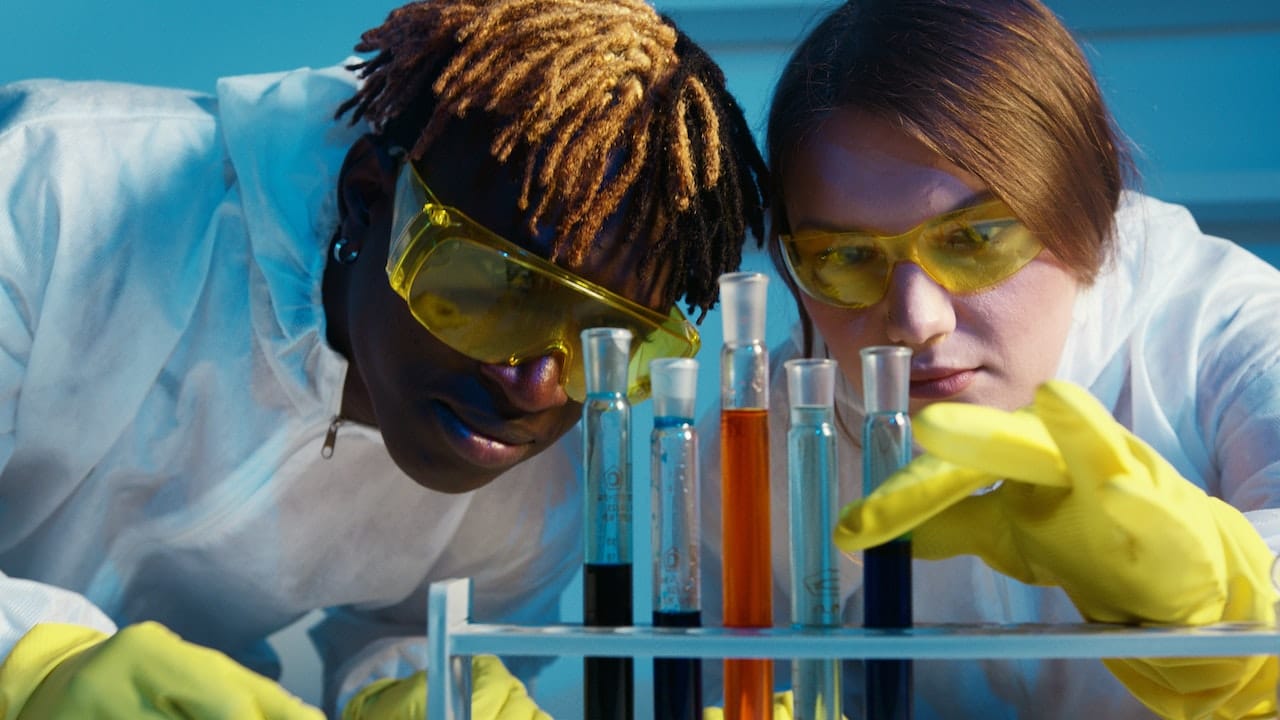Pharmacovigilance is a branch of pharmacology that deals with the detection of adverse effects of drugs through active monitoring, observation, and analysis of the consumption of drugs.
Medicines are an important part of health care, and many regulations are implemented to ensure the quality and safety of medicines. Right from the early stage of clinical trials, every drug is carefully monitored, and its effects are observed. Rigorous testing and analysis are done before any drug gets approved to hit the market.
And it’s not just clinical trials and pre-market phases where medicines are monitored. Even after their market release, medicines are constantly monitored, and their effects are observed among the general public. Because despite extensive testing and experimentation, some effects of medicines may only appear much later after the general public has consumed them.
So, for public health and drug safety, it is crucial to monitor the effects of medicines as early as during the clinical trials and after they are released on the market. That is where Pharmacovigilance plays an important role.
What is Pharmacovigilance?

Pharmacovigilance is a branch of pharmacology that deals with the detection of adverse effects of drugs through active monitoring, observation, and analysis of the consumption of drugs. It lays down guidelines for pharmaceutical manufacturers to examine the effects of their medicines, as well as an efficient system to manage data and reports regarding adverse drug reactions.
Some of the general steps and measures of pharmacovigilance include, but are not limited to:
- Systematic collection of drug reports should include solicited reports from clinical trials and studies, unsolicited reports such as spontaneous reports by patients and consumers, or other information provided by non-medical bodies.
- Analysis and evaluation of the reports to determine the drug’s existing or potential adverse effects.
- Systematic recording and storage of drug reports and other relevant data.
Why is Pharmacovigilance Important?
The importance of pharmacovigilance can be explained in the context of the pharmaceutical industry as a whole and for individual businesses like medicine and drug manufacturers.
Role of Pharmacovigilance in the Pharmaceutical Industry
Any medicine that reaches the market has to be effective in its intended use and be safe enough not to cause any adverse reactions in users. The adverse effects or reactions can be mild, moderate, or severe and life-threatening, based on which manufacturers must take appropriate action, such as withdrawal of the drug from the market if deemed necessary.
However, the overall safety of a medicine can never be guaranteed only through clinical trials and testing due to the following reasons:
- Clinical trials are performed in a controlled environment while such controlled factors are not present in the real world.
- Clinical trials are performed on smaller groups of people, while the number of people using the medicine after release will be much higher, so new effects and reactions are likely to appear in some users.
- Clinical trials generally do not involve high-risk groups such as pregnant or lactating women and senior citizens. Still, the medicine can be prescribed to such people later on after it is approved for the market.
- In clinical trials, the usage of drugs by the control group is monitored and supervised by professionals. In contrast, in the real world, it’s impossible to strictly monitor every person taking medicine.
Considering these factors, any medicine’s complete and absolute effects cannot be determined with just clinical trials. That is why it is important to keep examining their effects on regular consumers, which is pharmacovigilance’s main purpose.
In addition, the guidelines laid down under pharmacovigilance, such as Good Pharmacovigilance Practice (GVP), also help regulatory authorities ensure that manufacturers take necessary steps to continuously and effectively study the effect of their medicines on the general public.
Importance of Pharmacovigilance for Businesses
Pharmaceutical manufacturers and drug makers also need to understand how pharmacovigilance can benefit them, and the points below highlight why it is important for such companies:
- Consumer safety
Since the main purpose of pharmacovigilance is to detect the adverse effects of medicines and take corrective actions, it helps companies maintain the safety of their consumers. By keeping a keen eye on any side effects or adverse reactions, quick action can be taken to protect users even if any such effects are discovered. Ensuring the safety of their consumers is a key responsibility of pharmaceutical companies, and pharmacovigilance is one of the key factors for it. So, pharmacovigilance’s first and foremost role is to help drug manufacturers keep their consumers safe.
- Quick corrective actions to minimize harm and losses
Proper pharmacovigilance measures lead to early detection of harmful effects so that manufacturers can step in and take control of the situation before much harm is done. For example, spontaneous reports of serious side effects from a small group of users can help companies take preventive measures accordingly before more people are affected. In addition, detecting adverse effects early means that manufacturers can prepare a better strategy. For example, they can examine the cause of the adverse reactions and determine if they need to withdraw the product completely or only label it unsafe for a specific group of people. Making such decisions on time can also minimize losses for the company.
- Prevent false rumors
It’s not uncommon for false rumors and allegations from external parties and unreliable sources to cause public concern regarding the safety of medicines. But companies that keep proper records of all drug reports and perform regular analysis can defend against such rumors by producing the necessary data to validate the safety of their products, thereby protecting themselves from any harm to their brand and credibility.
Learn More About Pharmacovigilance
Pharmacovigilance is crucial to promote public health and drug safety. That is why pharmaceutical companies need to implement an efficient and foolproof system for the evaluation of adverse effects of medicines. Proper knowledge of pharmacovigilance guidelines is a must for drug manufacturers. You can enroll yourself in an online pharmacovigilance course by clicking here. The course has been developed by Dr. Ellena J. Jefferson. She is a CAPA Manager at Janssen Pharmaceuticals, where she serves as a Training and Quality Advisor with ICON plc, a global provider for consulting and outsource development in the pharmaceutical industry. This 2-hour training course provides you with a certificate of completion and CEU/CPD accreditation.





